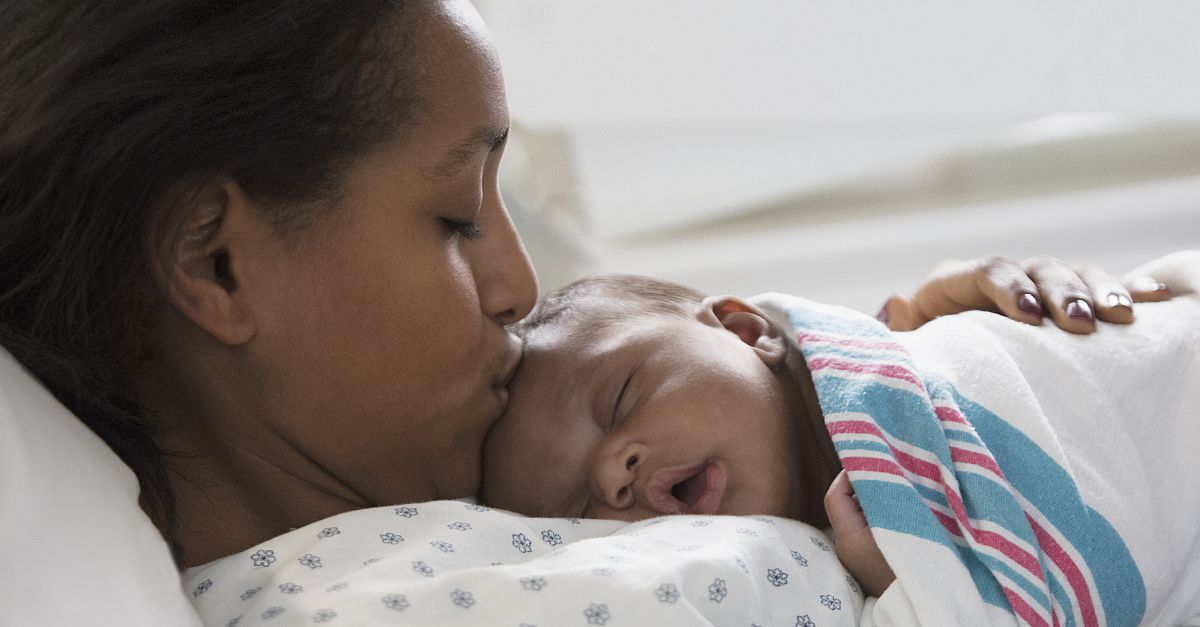Many young women diagnosed with early breast cancer are interested in future fertility, but for those with BRCA1 or BRCA2 genes, research on the safety of conceiving after treatment completion has been limited. There are concerns about maternal and fetal safety of pregnancy after breast cancer in BRCA carriers due to the hormone surge during pregnancy, potentially increasing risk of recurrence and of possible negative fetal effects of prior exposure to anticancer therapies.
Dr Matteo Lambertini and colleagues conducted an international hospital-based cohort study to investigate the incidence of pregnancy and disease-free survival in 4,732 young women who are breast cancer survivors and BRCA carriers. The study showed that 1 in 5 patients (n = 659, 22%) conceived within 10 years of their diagnosis. Pregnancy among these women was not associated with adverse maternal prognosis or fetal outcomes.
Compared with those who did not conceive, those with a pregnancy were younger at breast cancer diagnosis and more likely to carry BRCA1 variants, have node-negative and hormone receptor-negative breast cancer, and to undergo breast-conserving surgery. Those with hormone receptor-positive disease had lower cumulative incidence of pregnancy and longer time from diagnosis to conception. This result was not unexpected, as these women were more likely to receive ovarian suppression treatment as part of adjuvant endocrine therapy. Among those with hormone receptor-positive disease who did conceive, 60% of pregnancies occurred within 5 years of diagnosis. The study findings suggested no detrimental impact of pregnancy in this group of patients.
Prior treatment did not have a significant effect on patients’ ability to conceive. Despite receipt of prior chemotherapy in more than 90% of patients, most of the pregnancies (79.2%) occurred spontaneously. Most patients with a completed pregnancy (79.7%) delivered at term; approximately 10% had twins. Of 470 infants born with known information on pregnancy complications, congenital anomalies were documented in 4 (0.9%).
High level
The differences in outcomes for pregnancy after breast cancer for BRCA1 vs BRCA2 carriers highlight the need for further research efforts. The authors suggested that hormone receptor status may also impact outcomes, considering that BRCA1 carriers tend to develop hormone receptor-negative breast cancer more often, while BRCA2 carriers are more likely to have hormone receptor-positive breast cancer. Therefore, future research should also evaluate these differences and their impact on fertility.
Ground level
The results of this analysis can inform counseling of young BRCA carriers who may be interested in conceiving after breast cancer diagnosis. Reproductive counseling of women who are BRCA carriers must address their unique concerns. The authors recommended that all young women diagnosed with cancer during reproductive years should be offered fertility preservation strategies prior to initiating systemic anticancer therapies. While pregnancy after breast cancer among BRCA1 carriers had fewer adverse outcome rates in the study, the analysis identified a possible association between pregnancy and adverse disease-free survival outcomes among BRCA2 carriers, so added caution is advised for counseling these patients.

